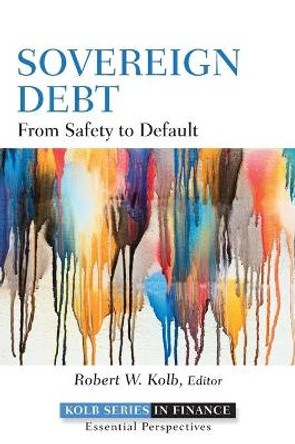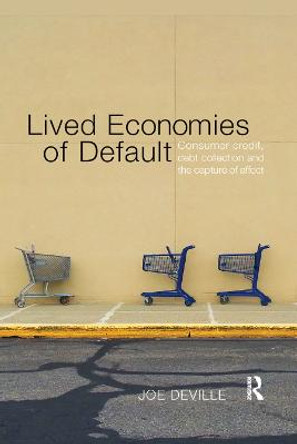Description
How creditors came to wield unprecedented power over heavily indebted countries-and the dangers this poses to democracy
The European debt crisis has rekindled long-standing debates about the power of finance and the fraught relationship between capitalism and democracy in a globalized world. Why Not Default? unravels a striking puzzle at the heart of these debates-why, despite frequent crises and the immense costs of repayment, do so many heavily indebted countries continue to service their international debts?
In this compelling and incisive book, Jerome Roos provides a sweeping investigation of the political economy of sovereign debt and international crisis management. He takes readers from the rise of public borrowing in the Italian city-states to the gunboat diplomacy of the imperialist era and the wave of sovereign defaults during the Great Depression. He vividly describes the debt crises of developing countries in the 1980s and 1990s and sheds new light on the recent turmoil inside the Eurozone-including the dramatic capitulation of Greece's short-lived anti-austerity government to its European creditors in 2015.
Drawing on in-depth case studies of contemporary debt crises in Mexico, Argentina, and Greece, Why Not Default? paints a disconcerting picture of the ascendancy of global finance. This important book shows how the profound transformation of the capitalist world economy over the past four decades has endowed private and official creditors with unprecedented structural power over heavily indebted borrowers, enabling them to impose painful austerity measures and enforce uninterrupted debt service during times of crisis-with devastating social consequences and far-reaching implications for democracy.
About the Author
Jerome Roos is an LSE Fellow in International Political Economy at the London School of Economics. He regularly provides commentary on world politics and current affairs for various international media.
Reviews
"Winner of the Immanuel Wallerstein Memorial Book Award, Political Economy of the World-System Section of the American Sociological Association"
"Roos has given us a thought-provoking book that will repay the investment of any reader with an interest in sovereign debt."---Michael Reddell, Central Banking Journal
"[A] fresh and painstakingly researched approach that raises vital questions for economists, political scientists and policymakers."---Aleksandr V. Gevorkyan, LSE Review of Books
"[A] timely and thoroughly researched book-destined to become an obligatory reference in the field."---Veronica Santarosa, Journal of Economic History
"[I've] been reading Why Not Default? at an excruciating pace for the best reason: every page or so I get inspired some subtheme or footnote and go off chasing it down."---Quinn Slobodian
"Roos makes a powerful and provocative argument." * Survival: Global Politics and Strategy *
"A fantastic contribution to the growing literature on sovereign debt. . . . Why Not Default? will be a mandatory reference for scholars working on financialization, debt, and structural power."---Jose Tomas Labarca, Finance and Society
"[Why Not Default?] does a great service . . . by synthesizing a huge amount of detailed information about these crises in one place, and by clarifying the interlocking effects of a host of social, economic and political changes over the past century."---Shaina Potts, Antipode
Book Information
ISBN 9780691180106
Author Jerome E. Roos
Format Hardback
Page Count 416
Imprint Princeton University Press
Publisher Princeton University Press








